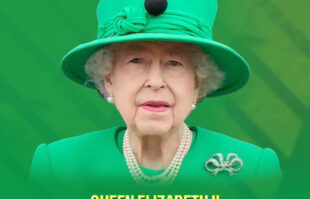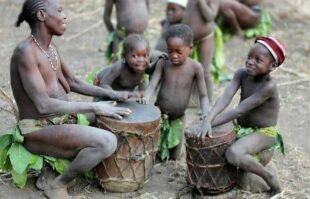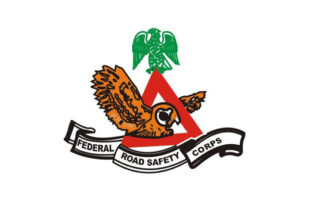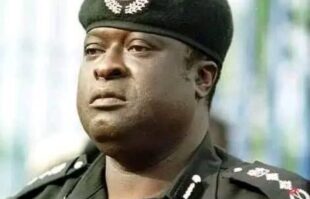June 12, 1993 is a significant day in the history of Nigeria, which was the year of Nigeria’s transition to the Presidential system of government. It was the day when Nigeria’s democratic power was revealed. People from all walks of the country trooped to vote for the leader they desired in unison.
History has it that June 12 has been deemed Nigeria’s most free and fair election. At the time, they were practising a two-party system, whereby only two parties exist and are allowed to contest the presidential elections.
Nigerian presidential elections were held on June 12, 1993, for the first time since the country’s Second Republic was dissolved by a military coup in 1983. The elections were the result of a transition to civilian authority led by Ibrahim Badamasi Babangida, the military ruler. Although the National Electoral Commission (NEC) did not publish the election results, the unofficial results suggested that Moshood Kashimawo Olawale Abiola of the Social Democratic Party (SDP) defeated Bashir Tofa of the National Republican Convention (NRC).
Because the polls were nullified by IBB due to electoral irregularities, the winner of the election was never proclaimed. The annulment sparked protests and political unrest, including IBB’s resignation and the formation of a weak interim civilian government, culminating in the country’s continuation of military rule with Sani Abacha’s ascension to power as the country’s military head of state via a bloodless coup later that year.
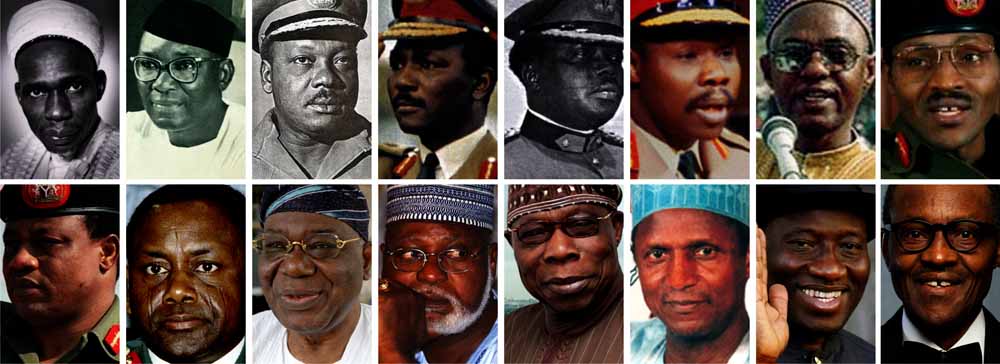
History
The National Electoral Commission was formed by order in 1987 to regulate the electoral process. In addition, the IBB administration established the Political Bureau, which is chaired by Professor Sam Cookey, to provide guidance on the transition. In a 1987 report, the Bureau proposed that the country’s ethnic and religious divides be bridged by allowing political competition.
Babangida then pushed back the handover date to 1992, citing the need for the transition to civilian authority. He prohibited politicians and public employees from the Second Republic from participating in political activities of the Third Republic with Decree 25 of 1987. Babangida overturned the ban on political parties in May 1989.
During this time, the IBB administration defeated two coup attempts: one in 1987, led by Major General Mamman Vatsa, and another in 1990, led by Major Gideon Orkar. The government was active in forming new states, increasing the number from 21 in September 1987 to 30 in September 1991. Local governments grew as well, nearly doubling to nearly 600 by 1993. The administration kept rescheduling the civilian handover, which was originally scheduled for January 1993 and again till August 1993.
Elections for local governments were held in 1987 and 1991, while elections for state legislatures and governorships were held in 1991 and 1992. The two parties had presidential primaries in August and September 1992, but Babangida suspended them due to election fraud. Candidates who took part in these primaries were forbidden from running again, including well-known personalities like Lt. General (retd.) Shehu Yar’Adua and Adamu Ciroma.
IBB overhauled the military government during this time, replacing the AFRC with the National Defence and Security Council. To handle government administrative and economic tasks, a civilian Transitional Council was formed. Chief Ernest Shonekan, a well-known corporate executive from the southwest, led the council.
The new NEC-supervised nomination process comprised a knockout competition from the local to national levels, with an open ballot system. Both Bashir Tofa, a businessman from the north, and MKO Abiola, a multimillionaire media magnate from the south—both Muslims—emerged as presidential candidates for the NRC and SDP, respectively, during the nomination process. Both candidates were thought to have close ties to the military, so their election would not be seen as favouring the military even in a civilian government.
Both presidential candidates in the Second Republic were members of the ruling party, the National Party of Nigeria. Abiola had failed to secure the NPN’s nomination for the 1983 presidential elections against incumbent President Shehu Shagari. He had only been a member of the SDP for a month when he was elected president. Unlike Abiola, who was well-known throughout the country, Tofa was relatively unknown outside of Kano, his native state.
Tofa chose Sylvester Ugoh, a Christian from the south-east, as vice-president, achieving a geographical and religious balance. Abiola also opted for regional balance by appointing Baba Gana Kingibe, an ex-diplomat and former chairman of the party from the northeast, as his running mate. Abiola centred his campaign on economic matters, and he was a vociferous critic of the government’s structural adjustment program (SAP).
The SAP was started by the Babaginda government in 1986, and he implemented austerity measures to promote budgetary discipline by the state, following the recommendations of the International Monetary Fund and the World Bank. Given his party’s support for the SAP, Tofa was a quieter critic in his campaign, focusing on the effective implementation of policies.
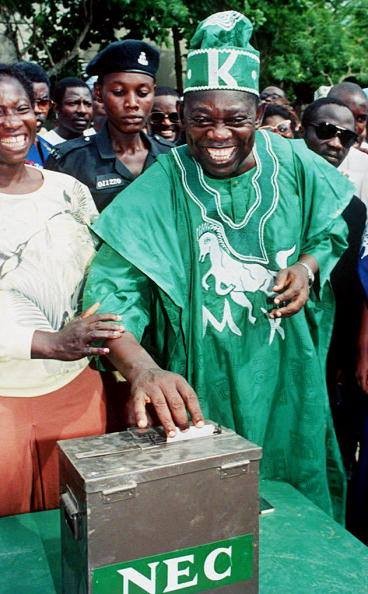
The Result of the June 12 Election
On the 10th of June, only two days before the poll, the Association for a Better Nigeria, led by Chief Arthur Nzeribe, secured a high court injunction prohibiting the election from taking place due to alleged corruption. Humphrey Nwosu, the chairman of the NEC, denied the injunction, citing the high court’s lack of jurisdiction over election-related concerns. The NEC moved ahead and held the poll, which observers pronounced free and fair. Foreign and local journalists, delegates from the Commonwealth and other international groups, and observers from the Election Monitoring Group were among the observers.
On the 15th of June, the Association for a Better Nigeria got a new court injunction to stop the counting and verification. The NEC, on the other hand, accepted the injunction this time and stated on Radio Nigeria on June 16 that it was suspending the broadcast of the results, citing a court order as a reason. Democracy advocates broke the law and leaked the final result on June 18, indicating Abiola had won by a 58 per cent majority. IBB announced the election’s annulment on June 24, citing the issue of vote buying as well as the need to safeguard the country’s judiciary.
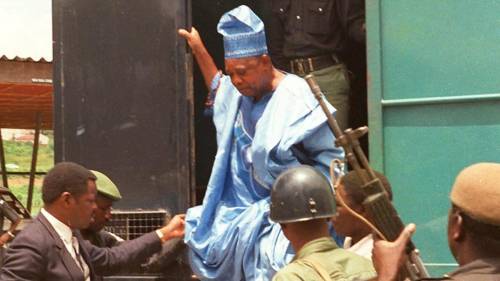
How did MKO Abiola Die?
Following the annulment, there were a series of violent riots in the southwest region. It is estimated that around 100 individuals were killed by security personnel while quelling disturbances. The Igbo community of Lagos is also said to have gone to the eastern region due to the rising tensions. The annulment was met with international condemnation: the United Kingdom, the United States, and the European Union all suspended aid to Nigeria, while the Commonwealth condemned it. Foreign countries, on the other hand, have been accused by the military government of interfering in its affairs and attempting to destabilize the country. The Association for Democracy and Good Governance includes former military rulers Olusegun Obasanjo and Muhammadu Buhari, as well as ten other former generals.
Shortly after Shonekan set February 1994 as the new date for the election that was canceled, there were records of corruption and maladministration. However, on November 17, 1993, Abacha dissolved the legislature and the state and local governments. He then institutionalized an interim government, making civilians, including Abiola’s running mate, members of his (Abacha) cabinet.
After declaring himself president and commander-in-chief on June 11, 1994, in Epetedo, Lagos, Abiola was arrested and charged with treason. For nine weeks, workers in the petroleum sector, banking sector, and academia protested and went on strike in response to Abiola’s detention. The petroleum sector’s strike brought the economy to a halt. Following this, the Abacha administration jailed union leaders and fired civilian members of his cabinet.
History has it that Abiola was detained for four, and was not allowed to defend himself. Abiola reportedly died on July 7, 1998, the day he was supposed to be released from detention.


